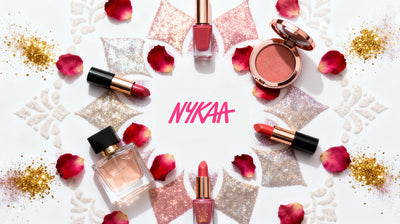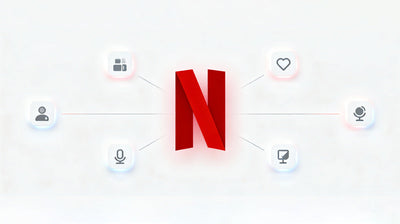In This Article
Most entrepreneurs start their journey with a focus on creating the best product. They focus on design, quality, packaging and price. It works okay in the first days. Sales increase, reviews are good, the early buzz becomes momentum.
But eventually, there comes a time when the market is saturated, competition has spread widely and returns on advertising begin to plateau for every founding team. The emphasis shifts from just selling products to getting inside customers’ heads. Now for building meaning rather than making improvements.
You Aren't Just Selling Products. You Build Perceptions.
A product can generate interest, but only a brand creates loyalty. And the real distinction is not quality; it’s the meaning you bring to them. Brands that endure are shortcuts for emotions and convictions, rather than merely a roster of features.
Where Most Founders Go Wrong
For many direct-to-consumer businesses, this begins with product management. Founders fixate on features, pricing and packaging. As markets develop, rivals replicate quality and price. The actual race, then, is a memory contest, not an innovation marathon. Products are easy to copy. Brands become harder to forget.
The Shift From Features to Feelings
A product mindset is transactional. It says, “How can I sell more units.” Messages concern the ingredients, specifications and price. This only works until someone else builds something less expensive or more efficient.
A brand mindset is relational. Its question is, “How do I get people to care?” The talk turns to what it all means and stories and purpose.
Nike is not only selling shoes; it is the ethic of breaking limits. Apple’s business is creativity and sticking one in the eye of conformity. Dove is the brand proving confidence stands up to beauty stereotypes. The top brands select a cultural force to stand against, not just a business rival.
Why This Shift Is Powerful
Features may be copies, but feelings are original. Products exist on shelves. Brands exist in people’s minds.
This new attitude has three big benefits:
-
Your story changes you into someone other than just a SKU.
-
Meaningful brands command premium pricing: consumers are willing to pay more for what a brand stands for.
-
Loyalty grows: People re-buy and refer the brand to others because it matters to them.
A recent Edelman survey showed that nearly 80 percent of individuals are purchasing from brands that align to their values. Purpose is not simply a marketing gimmick; it can lead to genuine growth.
How Great Founders Build Brands
The best founders marry product diligence with brand thinking. They are the storytellers, influencing every message from a social post to product design. For instance, boAt began as a value-for money audio brand but it was selling attitude and confidence. Their tagline, “Plug into Nirvana,” resonated with the aspirations of young urban India for identity. Sugar Cosmetics redefined make-up and turned into an empowerment tool for women, by making “Bold is Beautiful” more than just a tag-line.
Actionable Ways to Brand Like a Brand
Ask yourself three important questions:
What’s your business for beyond sales? Because in our response there needs to be a feeling, not just a use.
Whose culture fight are you fighting? What is the social norm or fear that you seek to break?
What emotion do you want to evoke from your brand? That should frame your visuals, voice and decisions.
Allow them to inform the way you talk to customers, package products, and respond to comments and ideas. Brand thinking isn’t a one-and-done campaign. It is a culture.
Key Takeaway
If you are only here to sell, go and do product management. If you want a business that leaves a memory, the one that people can’t help but talk about, build meaning and change perceptions.
The winners aren’t the loudest brands. They are the only ones that matter.




